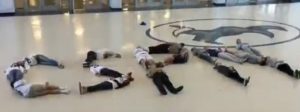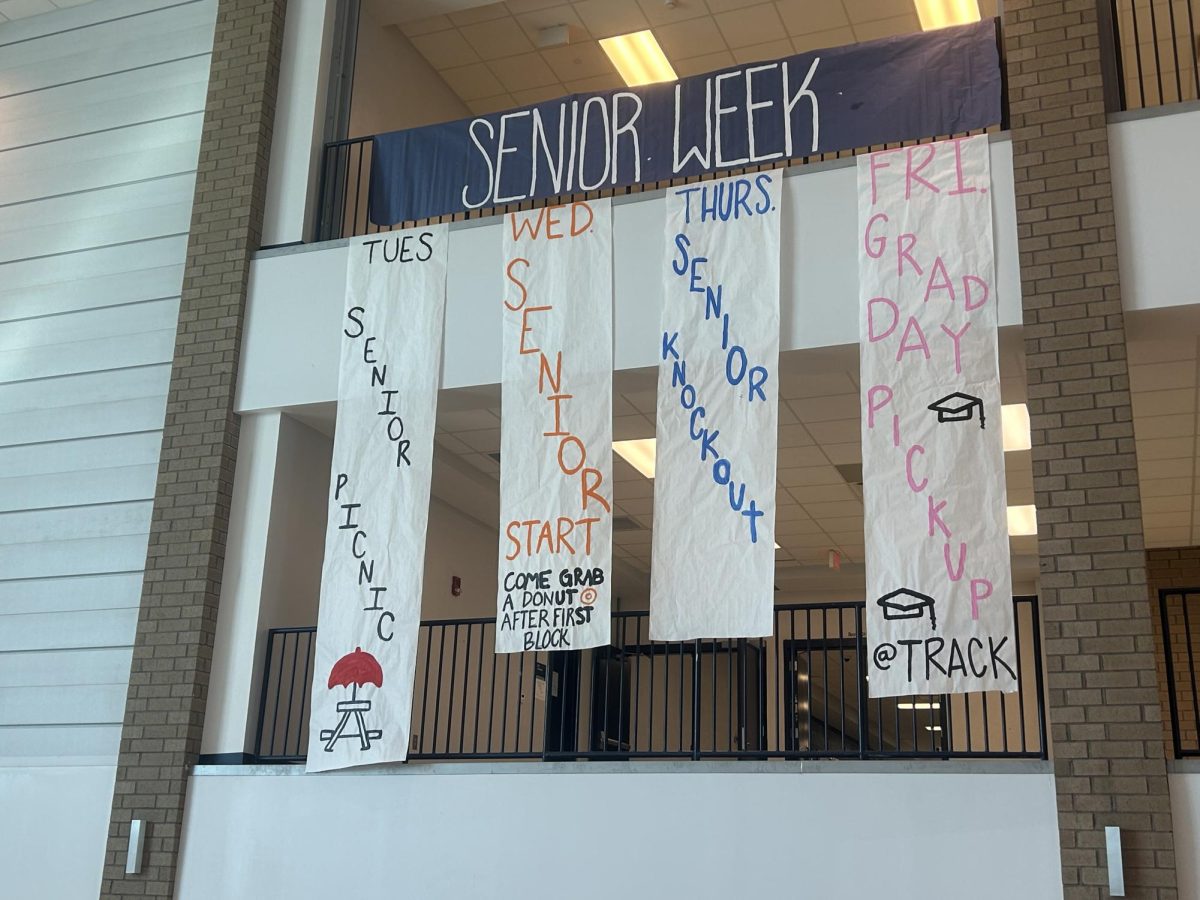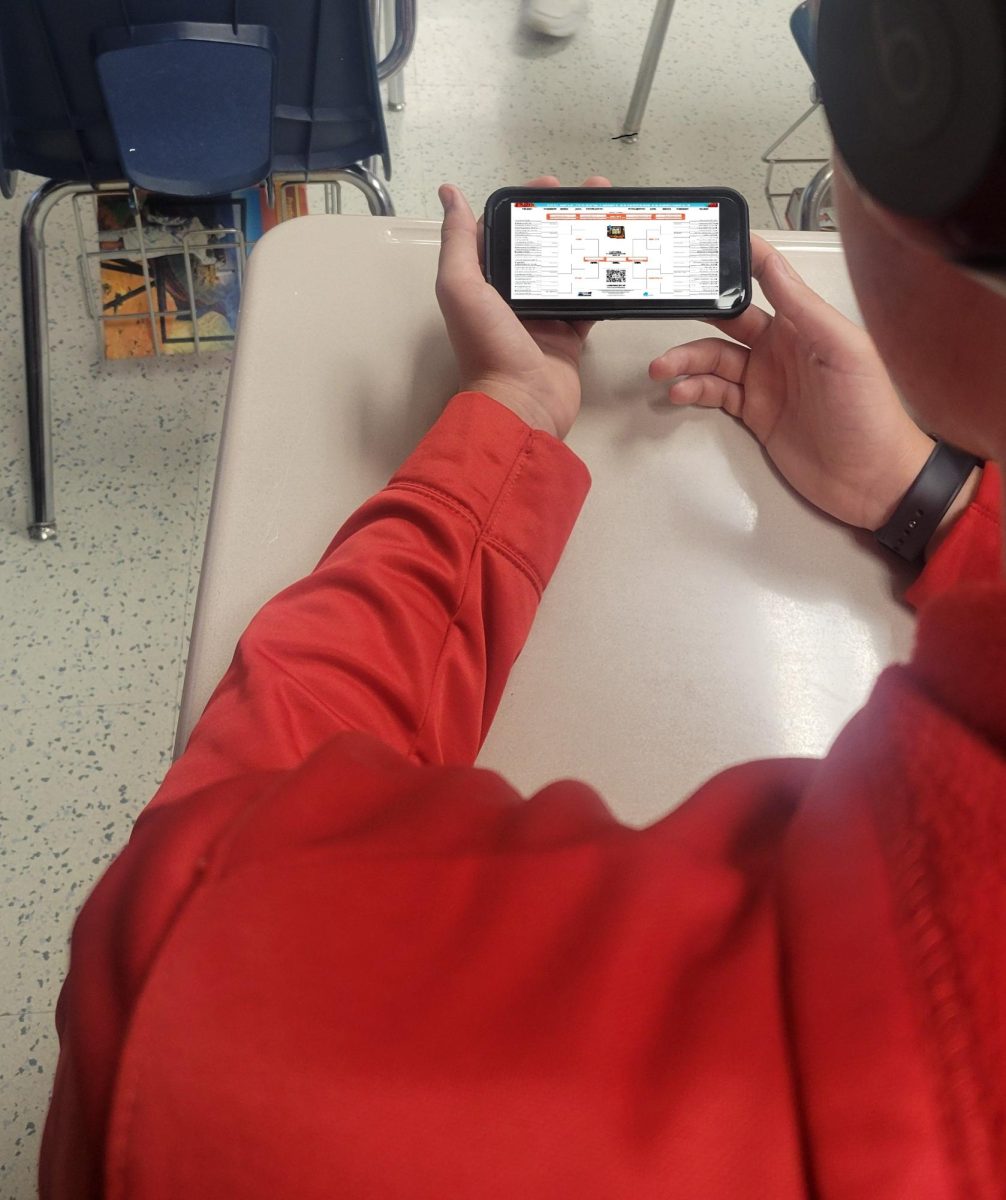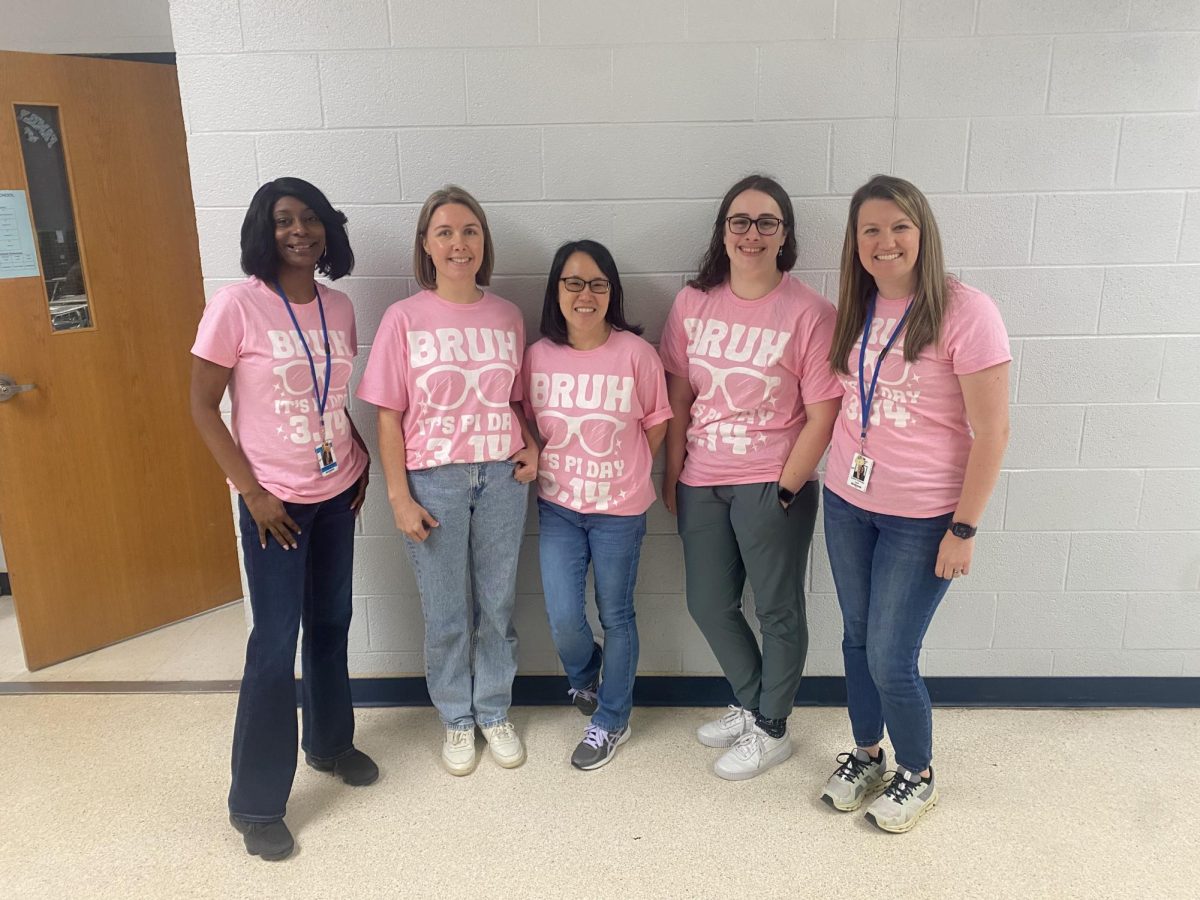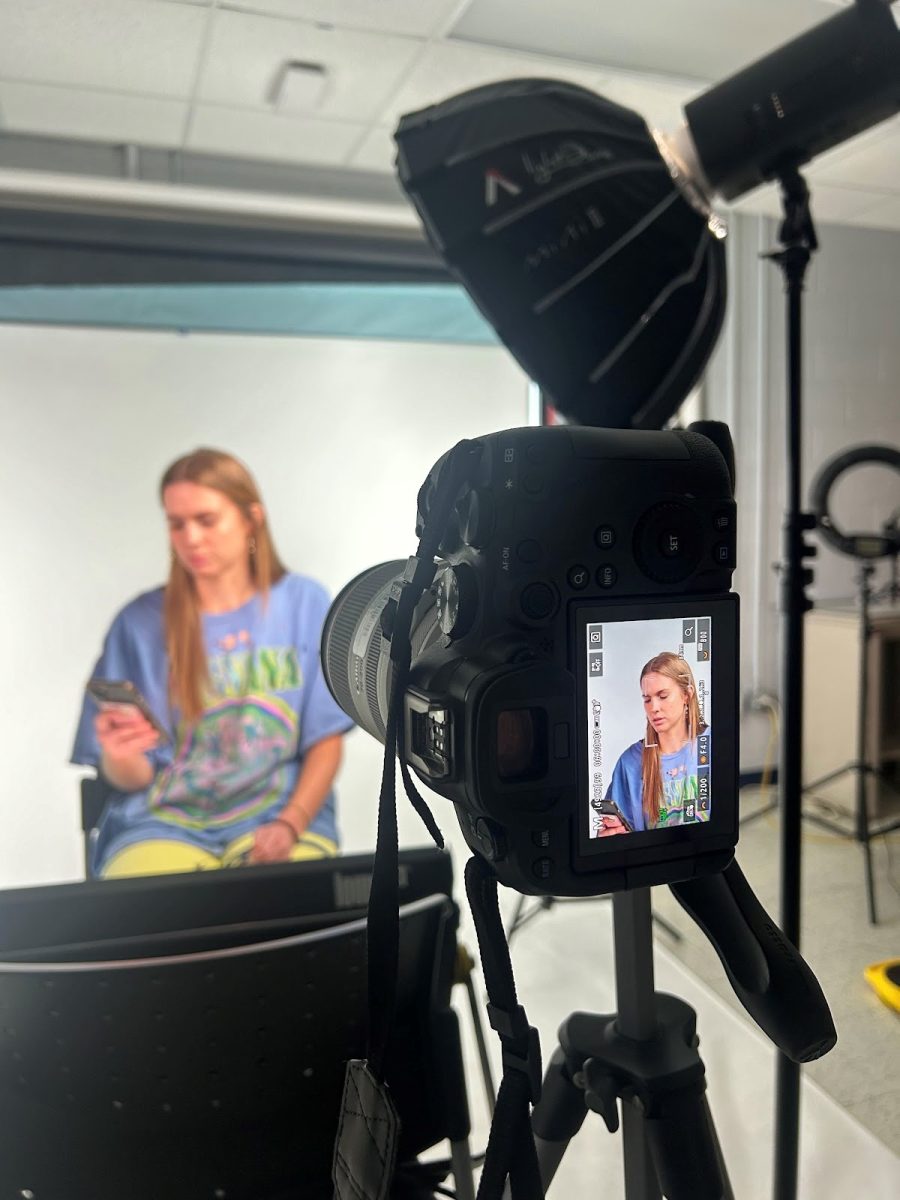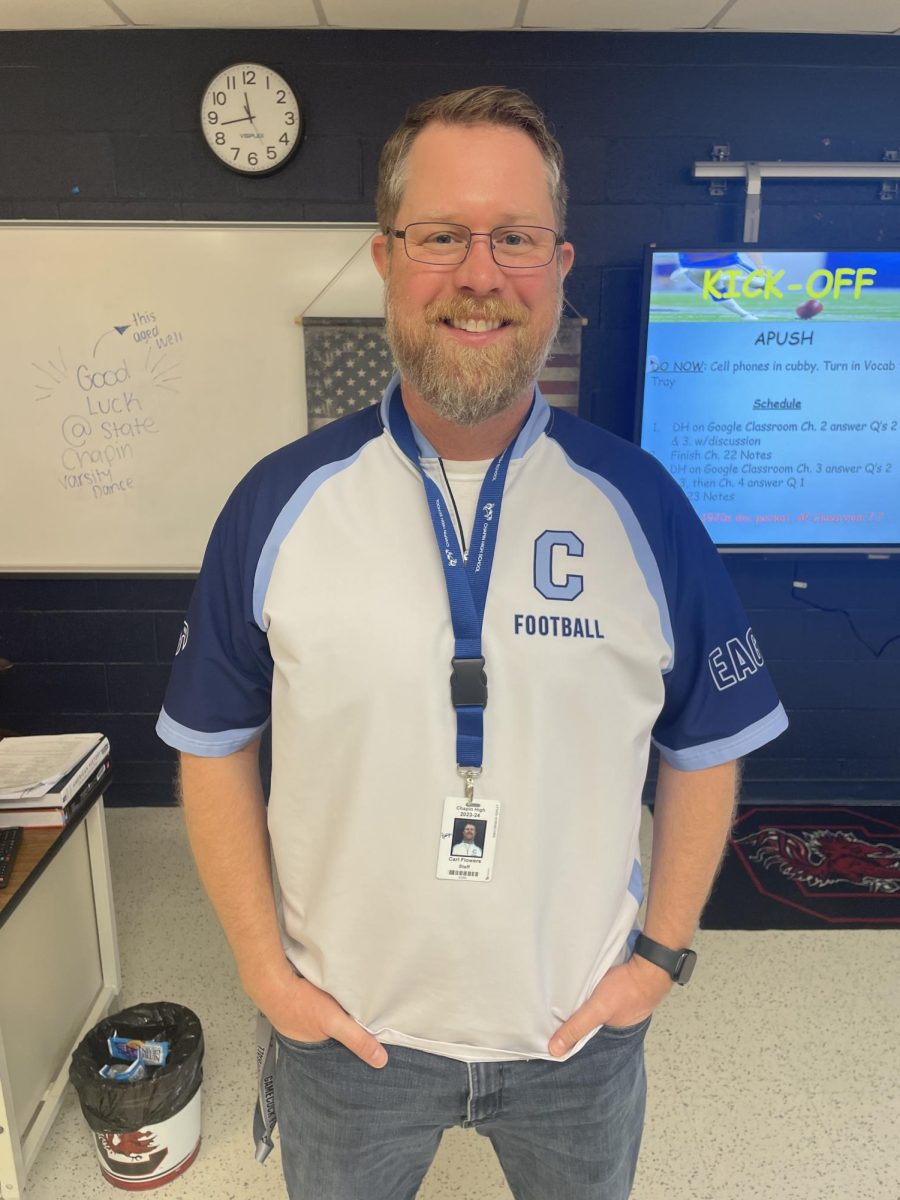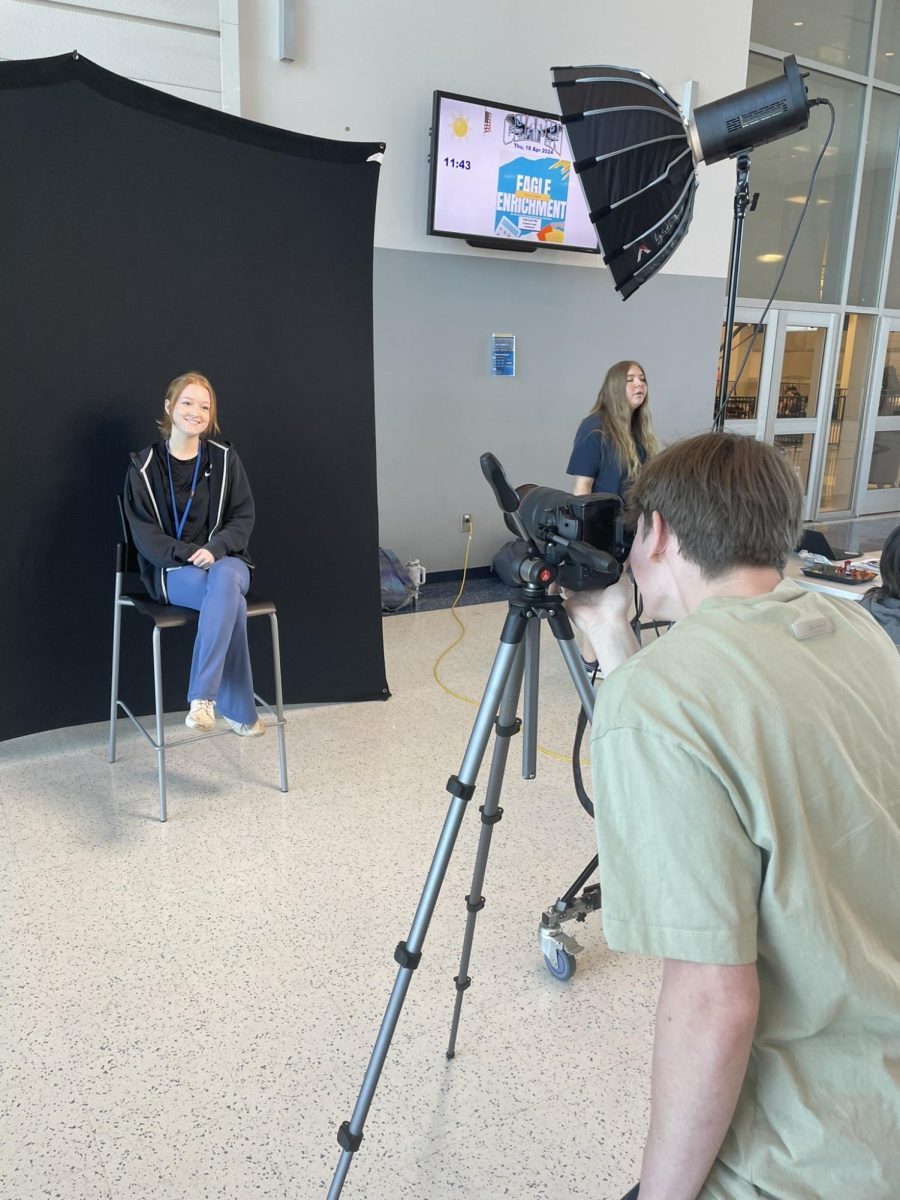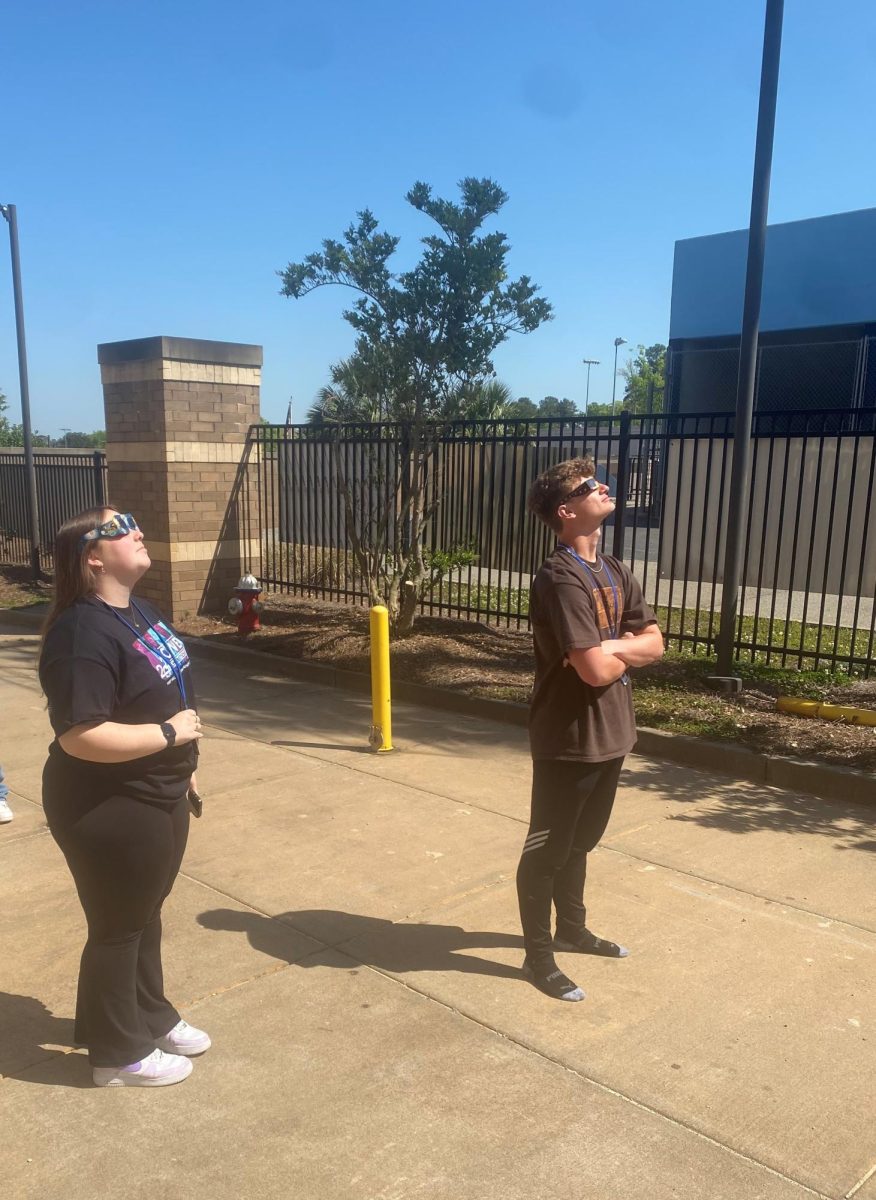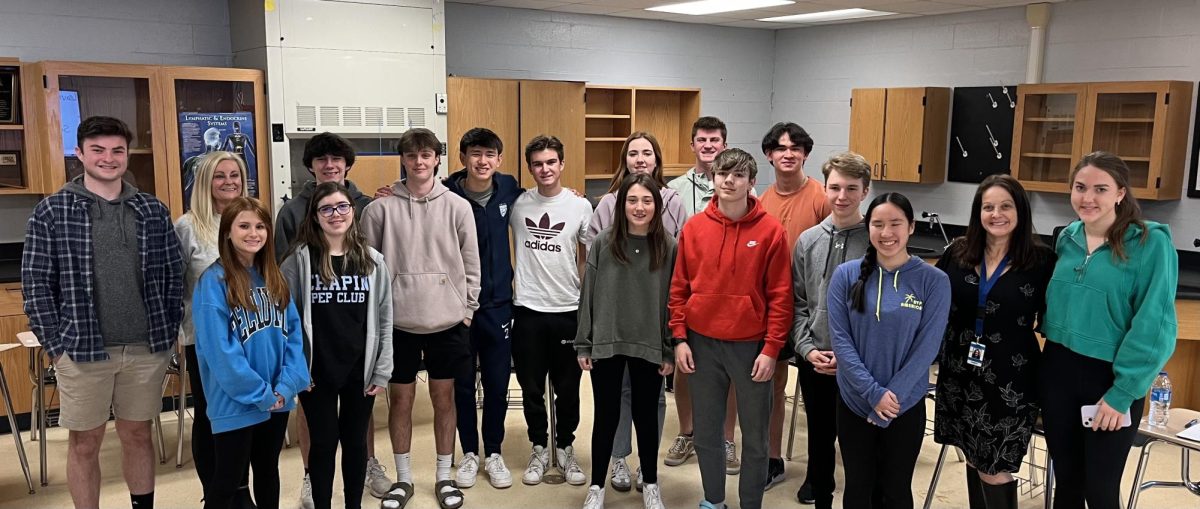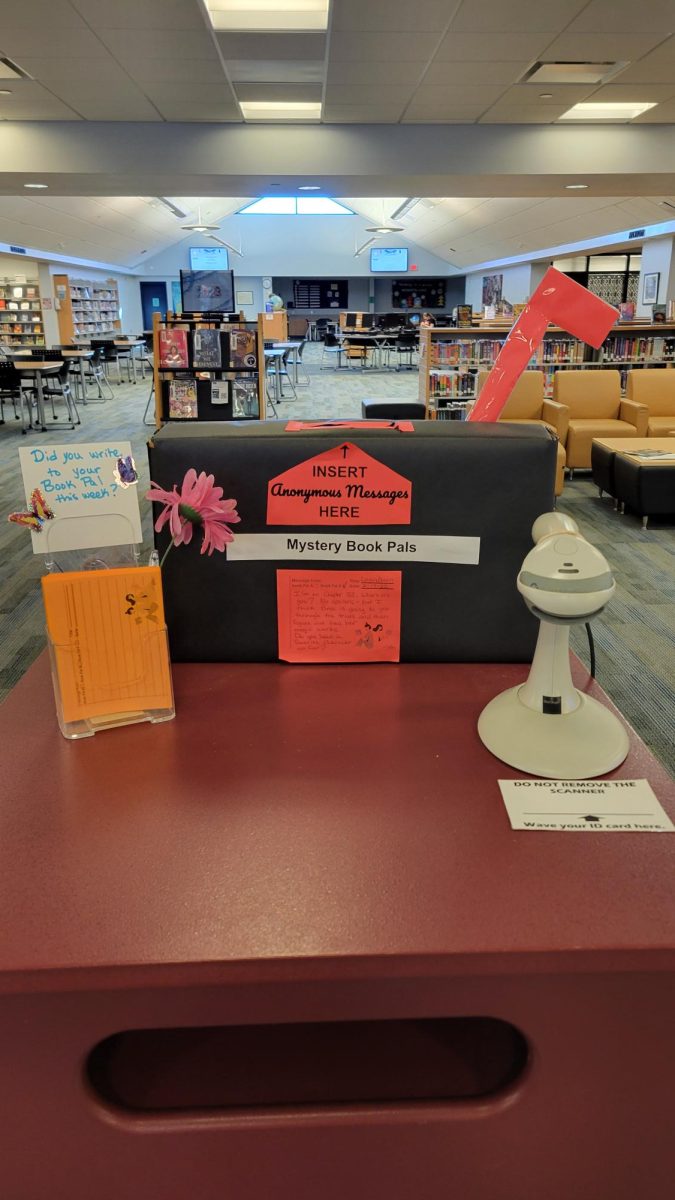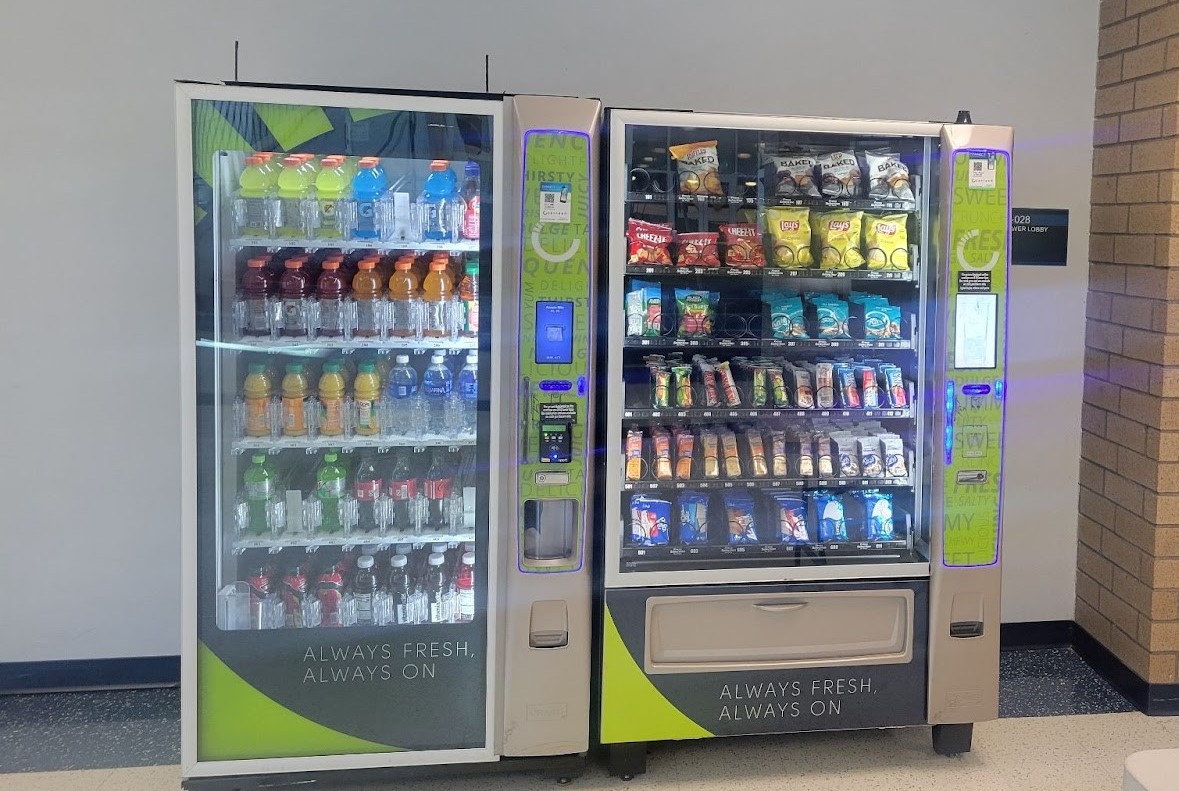“What’s on your mind?” is one of the most frequently asked questions in the world, and the popular social networking site Facebook asks its users this question every time they log in. As the 2010 midterm elections were approaching quickly, one could ask an actively participating voter what’s on their mind, and they would probably tell you something about the upcoming election. However, if the 18-29 year old Facebook-using voters logged on and were posed with the question, only about a fifth of them would answer with something about the election. Only 20.4% of the young voters turned out to vote in the recent midterm election.
This voter turnout can be credited to the fact that the candidates in the recent election
did not make efforts to try and reach out the younger population during their campaigns.
Differing greatly from Barack Obama’s campaign in 2008, the candidates in the midterm
election of 2010 were too busy putting out negative ads and bickering about subjects of which only older voters were concerned. In 2008, Obama sought out the younger population in his campaign, focusing on their issues and encouraging them to vote. Obama made them realize, as sophomore Tori Rhoad puts it, that they “are the world’s future and their opinions should matter.” His efforts to reach out to the young voter demographic turned out
overwhelming results, with a large amount of votes coming from the younger
demographic, the majority of which still support him today. Unfortunately, the candidates that ran in the 2010 midterm did not educate the younger demographic. They focused only on the issues of the older generation, making the younger generation ignorant to the policies of the candidates. These “uneducated voters can be more dangerous than ones who don’t participate” says a parent in the Chapin community, Margaret Gregory. Would it have even been worth having these young people vote in the midterm election? Having them risk being a danger to the results? Is it even okay to have uneducated voters talking about the politics with others? That wouldn’t be a very good idea, according to senior Seth Stevens, who says “we, as uneducated voters, often have no clue what we’re saying.” Being advocates for the
politics they know nothing about could spread ignorance like wildfire in the young
voters, being quite dangerous to the results of the election. The results of these campaign styles were reflected in the votes of the American people. The Democrats kept the majority in the Senate, while the Republicans had regained the majority in the House of Representatives, winning the age demographics of all except the few 18 to 29 year olds that did vote, the ones who were still clinging to the attention that Obama and the other Democrats had given them in 2008. Candidates planning to run for office two years from now have a limited amount of time to plan whether they want educated or uneducated voters at the polls in November of 2012. Hopefully then, the young voter demographic will be able to have many more people talking about the election when they are asked “what are you thinking about?”
